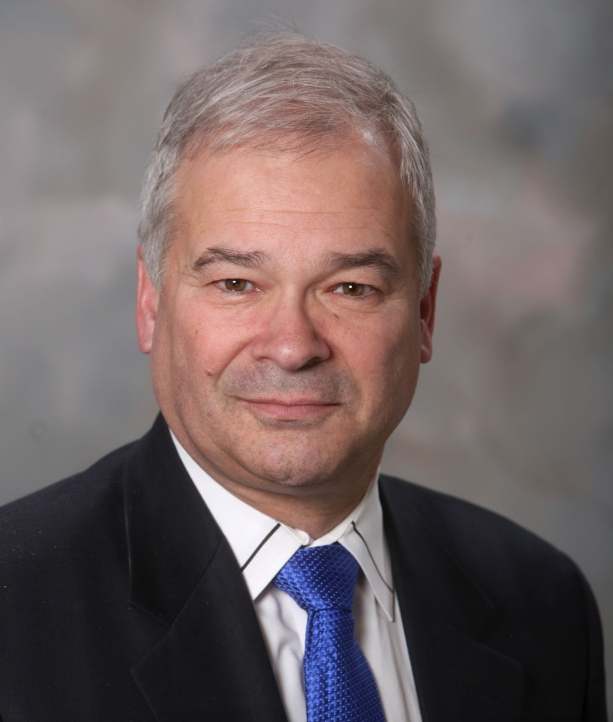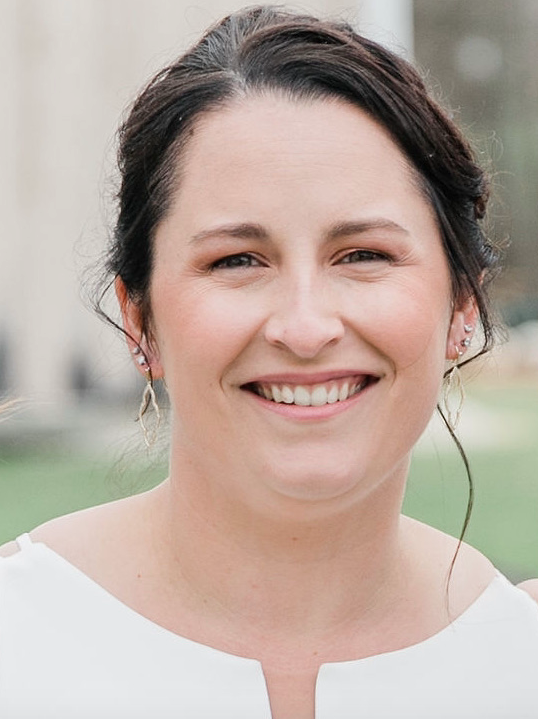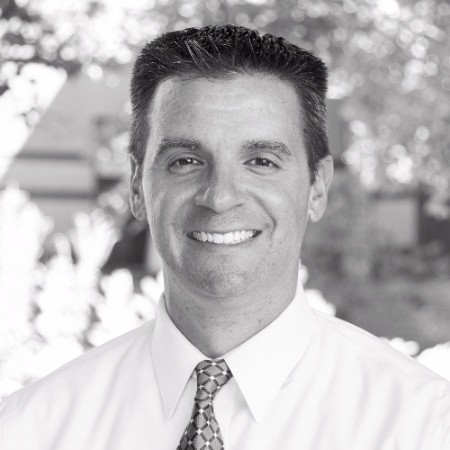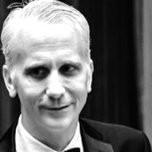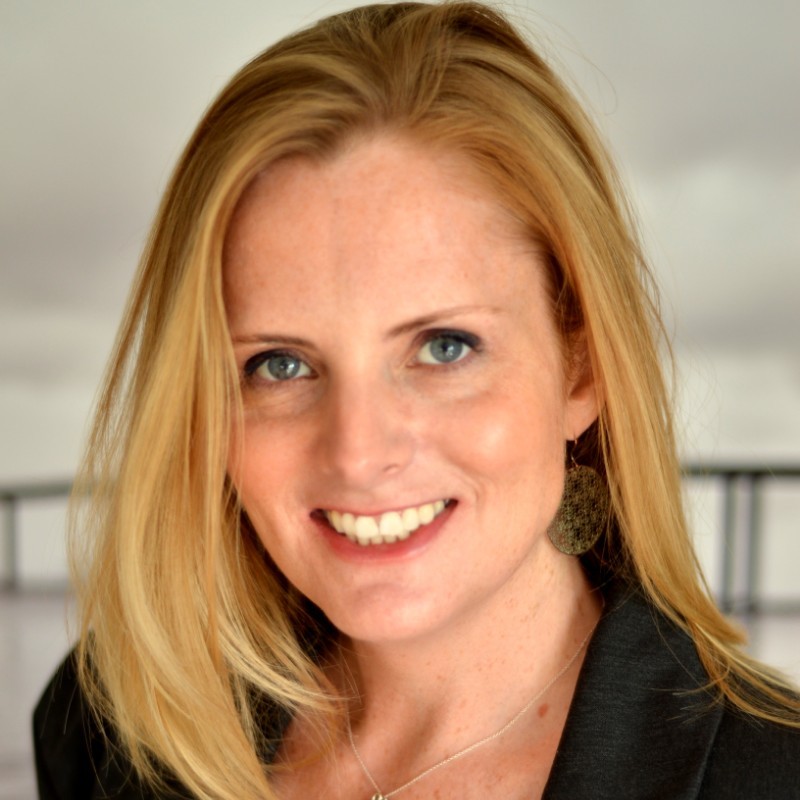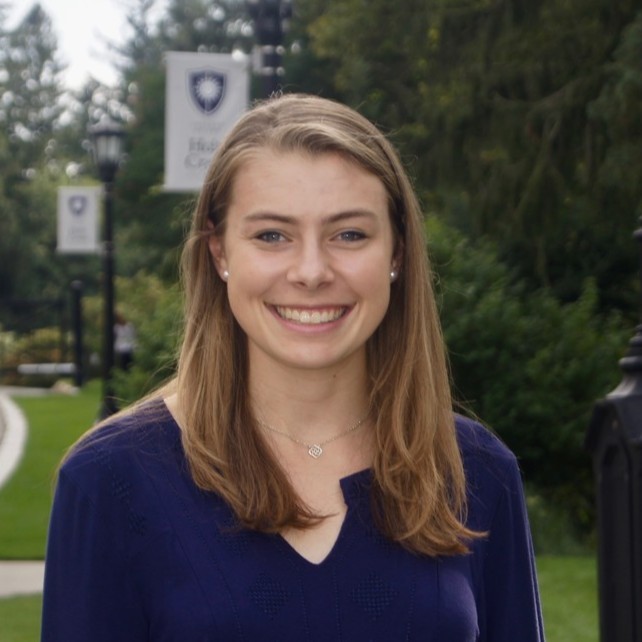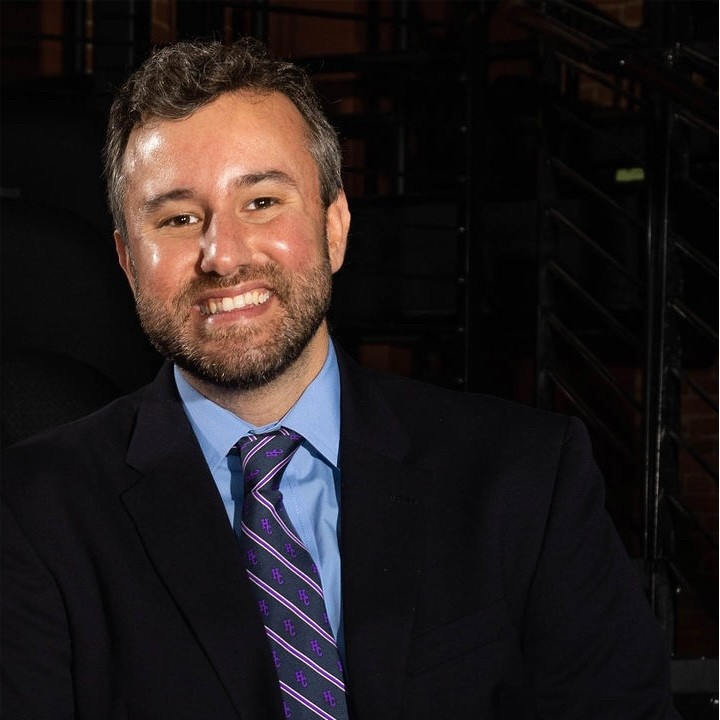
Name: Sarah Street
Class Year: 2022
Title: Communications Assistant, Federal Media
Organization Name: Natural Resources Defense Council (NRDC)
1. In one sentence, what does your job entail?
Still getting my bearings, but my job essentially entails fielding press requests, sending press releases, and providing support to multiple people on NRDC’s vast Media team. I act as a liaison between our experts at NRDC and reporters and help make sure all the work we’re doing is publicized and framed effectively for the public.
2. What planned and unplanned events connected you to your industry and your first employer after Holy Cross? How did you learn/decide it was a good fit for you?
Originally, my plan was to join the Peace Corps post-grad and do some environmental service abroad in the Philippines. However, with everything going on with COVID, the organization had basically shut down sending volunteers abroad and after not hearing anything for months after applying, I decided to start applying for jobs. I’ve known that I wanted to work for an environmental NGO if I had my choice but I applied for probably 60+ jobs in the environmental field in general. I was thrilled when I heard back from NRDC, both because the position in Federal Media was right up my alley as well as knowing the incredible work that NRDC does, especially in law and policy which is potentially where I see myself ending up! After interviewing, I was really excited about the opportunity, but I didn’t hear back from my first interview for weeks. Just about when I’d given up that I’d be going through to the next round, was scheduled for a panel interview… and got offered the job the next day! I knew from the panel that NRDC was the place for me based on the way they explained the collaborative and fast-paced culture, opportunities for professional development and advancement, their commitment to Diversity, Equity, and Inclusion, and just the warm and welcoming attitude they all greeted me with.
3. What were you involved in when you were on campus?
On campus, I was a member of the varsity women’s ice hockey team, I was secretary of Eco-Action, and Senior Editor of the Purple Literary Magazine. I also worked part-time at the Hart Center and participated in Working for Worcester. I also volunteered off-campus at Mass Audubon’s Broad Meadow Brook and had two internships while at school with the Humane Society of the US and Dismas House.
4. What was your major and how did it affect your career decisions?
My major was International Studies and my minor was Environmental Studies. I picked up Environmental Studies my sophomore year after taking Environmental Political Philosophy with Professor Kendy Hess. That’s when I knew that I wanted to commit my life to the environment and since then, I’ve combined the global interdisciplinary knowledge I’ve gained in both my major and minor to look at careers for the planet that take into account our whole world and ways that we can work together to combat the climate crisis.
5. What are one or two skills that you developed at Holy Cross that you use in your work?
During my time at Holy Cross, I developed my ability to be a self-advocate. This has been in school, in sports, and in my professional career. By learning how to advocate effectively for myself with my professors, during internships, and in the community, I was able to graduate with three internships under my belt, my own money in the bank, the ability to time manage with a ton on my plate, a varsity letter, and a 3.8 GPA. Now, I’m using this skill in my career and helped me not only to get the job, but now that I have it. I’m excited to use my self advocacy skills to, ask for help when I need it, network internally, and pursue projects that I’m passionate about.
6. What advice do you have for students on campus today?
My advice for students on campus today is to get as much experience in the things that they are passionate about as they can. My internships have seriously set me up for success and put me ahead of a lot of my peers at NRDC who are starting from scratch. But, my other piece of advice is to just make the most out of your time at Holy Cross even if it doesn’t relate directly to the career you think you want. I am so glad I spent time on the Purple simply because I love poetry and ultimately, it still gave me skills I’m able to apply in my life now. I’m also grateful for all the times that I wasn’t doing work and was just spending time with my friends, because before you know it you’ll be out in the real world and these will be the memories you will most cherish.


